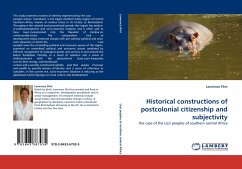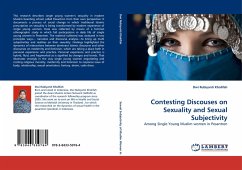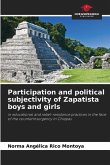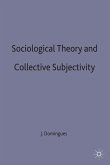This study examines notions of identity experienced by the Lozi peoples whose homeland is the Upper Zambezi Valley region of Central Southern Africa, known at various times in its history as Barotseland. Throughout the colonial and postcolonial periods this region has endured underdevelopment and socio-eonomic isolation and is often said to have been incorporated into the Republic of Zambia on unfavourable terms. The comparative lack of development today contrasts sharply with pre -colonial political and economic dynamics in which the Lozi peoples were the controlling political and economic power of the region premised on centralised political and economic power mediated by efficient mangement of ecological goods and services in and around the Bulozi floodplain. Partially as a result of isolation and a sense of disillusionment with the postcolonial state Lozis frequently turn to their strong, communitarian culture and a socially constructed golden past that speaks of power and wealth to provide notions of identity and a sense of otherness to outsiders. In the current era, socio-economic isloation is reducing as the globalised world impinges on local culture and development








